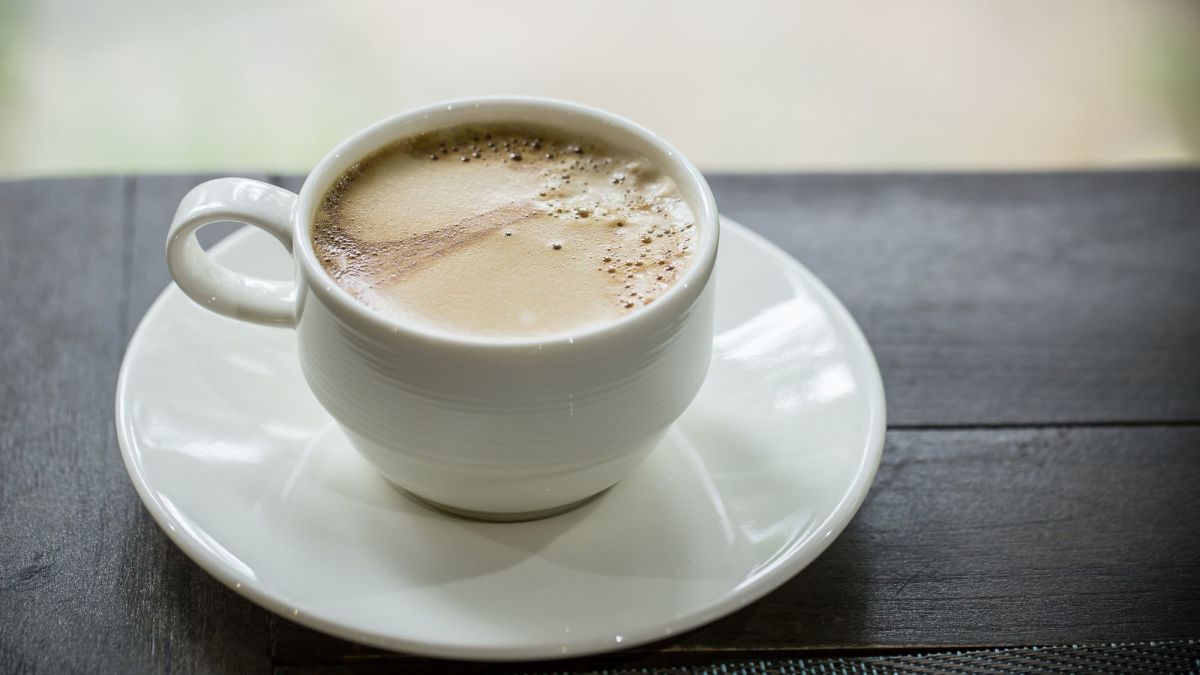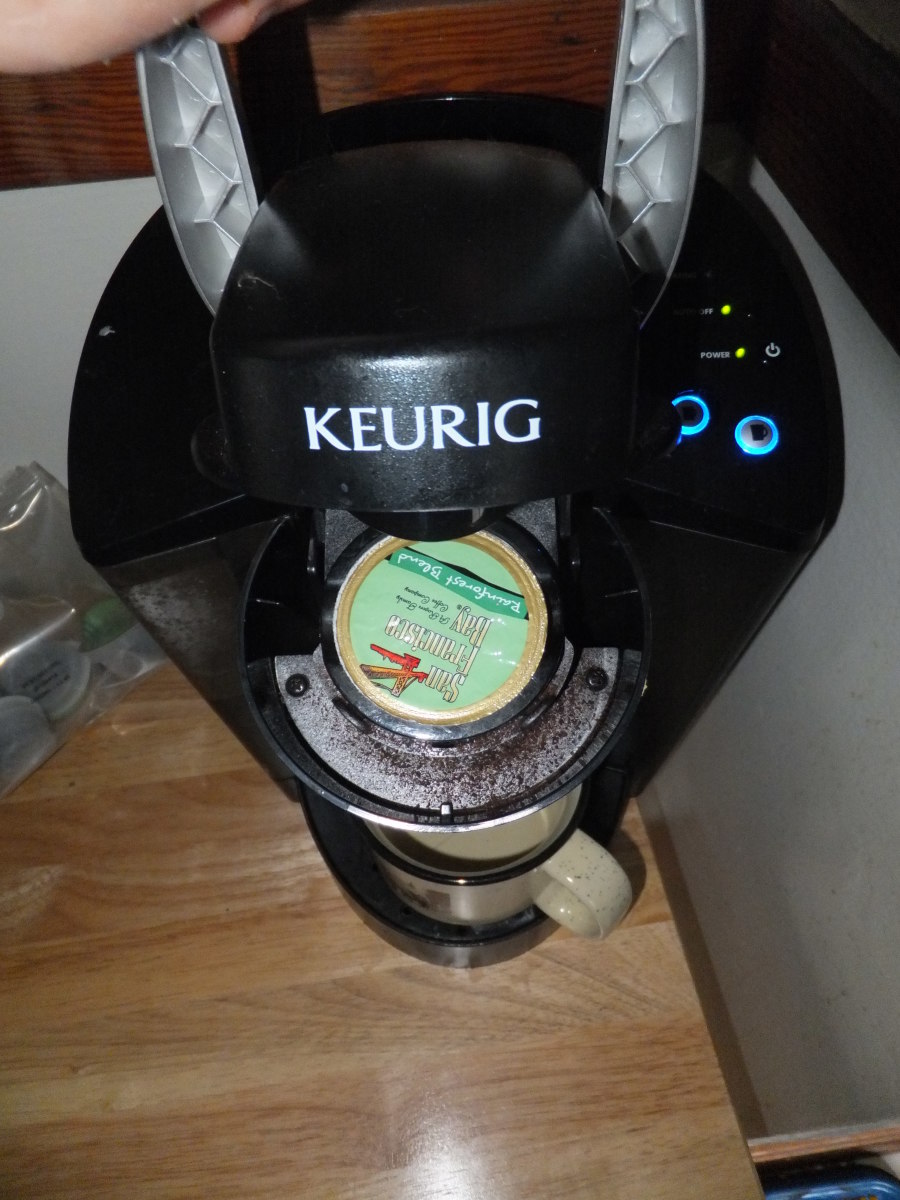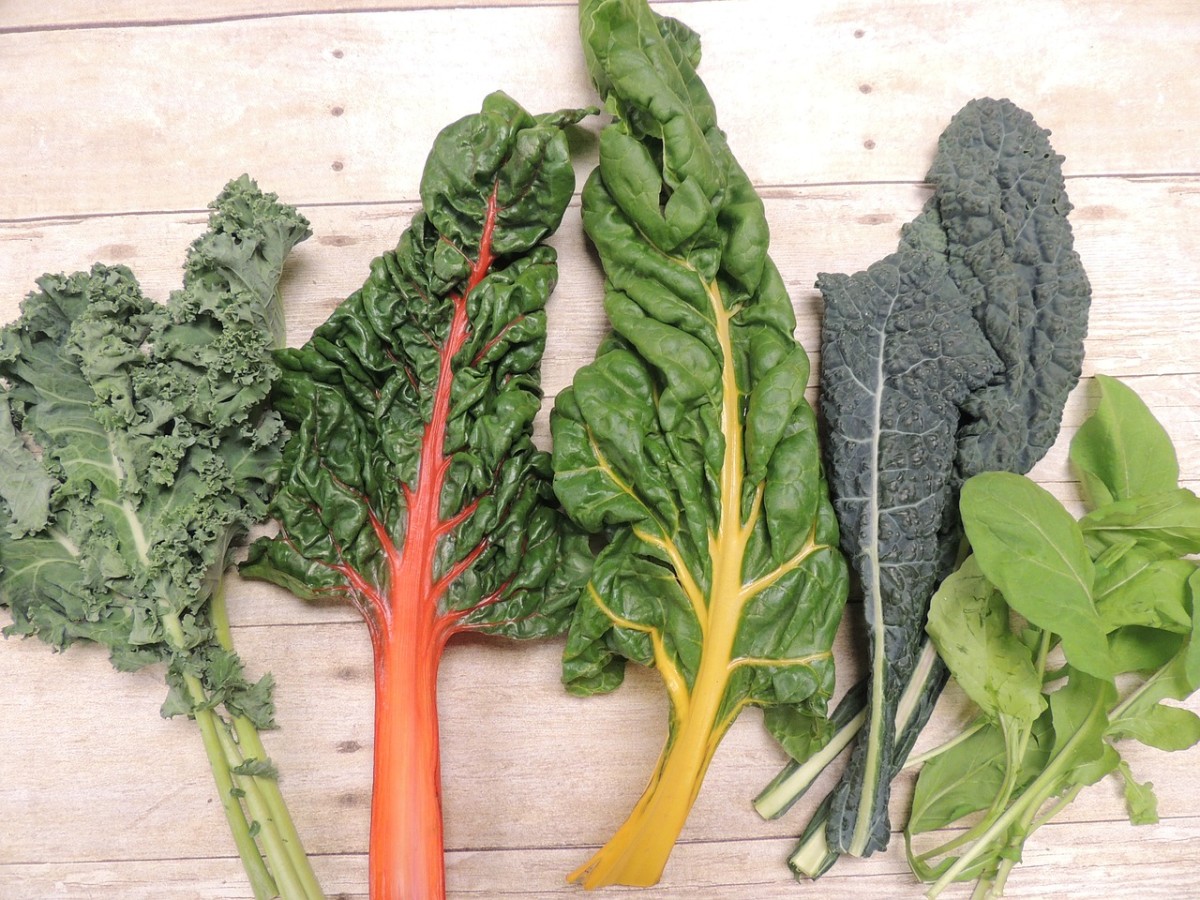What’s in Your Coffee: The Perks and The Downsides
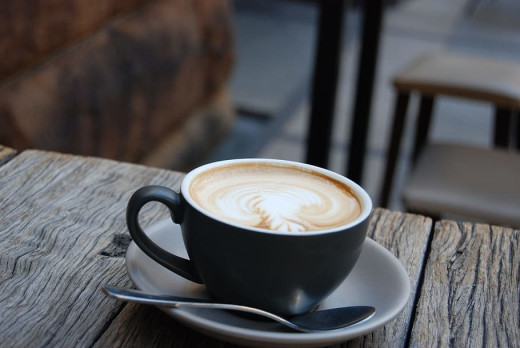
My father has been a coffee lover ever since I can remember. Every morning when he wakes up, he would go straight to the kitchen, heat water, get his favorite mug, and that giant red Folgers jar.
He would sit in our living room, drinking his steaming hot cup of coffee while watching the morning news. For some reason, I wasn’t able to inherit his love of coffee.
Many people cannot live without their daily dose of caffeine. For them, drinking a hot cup of coffee or tea gets them through the day. Inviting someone at a nearby coffee shop can be a good excuse to relax and have a chit-chat over a cup of coffee or tea. Also, who cannot resist a steaming hot cup of coffee or tea especially on a cold day?
Apparently, coffee does more than keeping you on your toes. There are also many ways to enjoy your coffee. Some like lattes, while others like it plain without milk and sugar. Nonetheless, these people are the ones who cannot live without coffee.
So, what’s in a cup of coffee? What does it good for our health? Are there any alarming risks involved in drinking coffee?
Perks of drinking coffee
A study by the National Coffee Association reveals that two-thirds of American adults drink coffee daily. Many studies have focused on coffee, its caffeine content, and how it affects our well-being. Here are some known benefits of drinking coffee.
1. Coffee can stimulate our bodies in different ways.
Most people claim that starting their day with coffee keeps them alert. Likewise, it also helps relieve drowsiness and fatigue.
Like Popeye and his favorite spinach, coffee serves as a power source among coffee lovers. That is why many would prefer drinking coffee or tea after lunch, or when they are working on a night shift.
2. It can boost up your mood.
Many studies have also revealed that coffee not only can help in alertness but also boost your mood. According to these studies, caffeine helps release natural stimulants in your brain. A couple of studies have also revealed a link between drinking coffee and a lower risk of depression.
3. It is a good way to improve your social skills.
Coffee breaks are one of the most looked-forward times of the day. There's something about a hot cup of coffee and a good company that makes one's day complete.
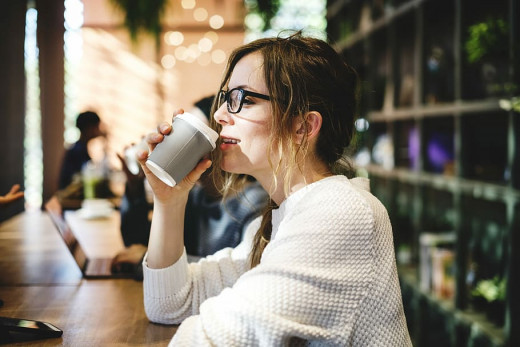
Caffeine’s dark side
By the way, coffee and tea are not the only caffeine-laden beverages in the world. Sodas, chocolate, energy drinks, and even weight loss supplements have it. But in the meantime, we are focusing on coffee since it is the most popular caffeinated drink around.
As they would say, “Too much of everything is bad.” This is also the same case in coffee. Being too overenthusiastic with your coffee can cause negative effects on our brain. So, how do you know if too much coffee is already too much?
According to experts, around four cups of coffee daily is safe for most adults. That is equal to about 400 milligrams of caffeine per day. More than 500 milligrams of caffeine, and that’s where the problem starts.
Too much caffeine intake can lead to headaches, dehydration, muscle tremors, arrhythmia, upset stomach, and increased anxiety levels. Non-coffee drinkers can be more sensitive, which can make the above symptoms worse.
Aside from that, too much caffeine can deprive you of quality sleep. Even if you drink coffee to jolt you awake, its effects can keep you up until bedtime. In effect, you might feel irritable due to a lack of sleep.
In case you don’t know yet, caffeine is actually a drug. In fact, a 1991 issue of The New York Times tagged it as “America’s favorite drug”. Caffeine is technically classified as a psychoactive drug. No wonder you can feel that feeling of “high” when you drink a cup of coffee, tea, or any other caffeine-laden drinks.
Quitting your coffee habits cold turkey can cause caffeine withdrawal symptoms.
But these symptoms can be only temporary and generally not that severe, according to the World Health Organization. Nonetheless, too much caffeine can cause health problems which can even lead to death.
Cutting back on caffeine
“Coffee addicts” can learn how to cut back on their caffeine intake, albeit challenging. There is no need to shut yourself off from caffeine in an instant. It can take time, but you will get there eventually.
One thing you can do is to be wary of how much caffeine you get from your food or drinks. Remember that caffeine not only is present in coffee and tea but also in other food products. Make it a habit to check product labels where you can see what goes into your body.
If you’re a heavy coffee drinker during the day, try lessening your consumption. For example, if you are used to drinking about four cups a day, try drinking less than that. From there, you can lessen it as the day goes by. You can also try drinking decaffeinated beverages. They usually taste the same minus the caffeine.
This content is accurate and true to the best of the author’s knowledge and is not meant to substitute for formal and individualized advice from a qualified professional.
© 2020 Giselle R

